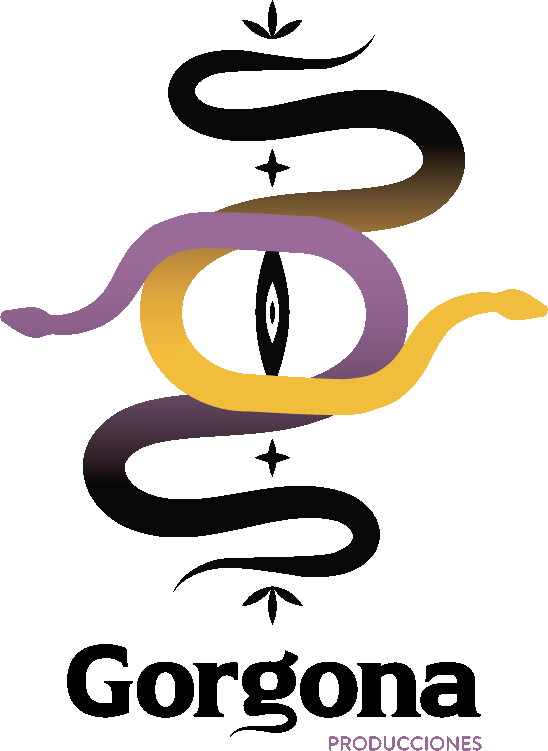Flesh
Writing about “Flesh” is, maybe, the hardest thing I’ve ever done. Flesh is designed by Frederik Berg, Rebecka Eriksson and Tobias Wringstad, and it became the strongest experience of the weekend. It was, even, a life-changing one for most of us. Therefore, trying to make a review without telling personal histories is not easy.
First of all, Flesh it’s not a larp. It’s most like a therapy. And it’s only for women (trans or cis). At least in the way that we played it. It requires a private space and certain grade of reliability between the players. We weren’t sure about how to play it exactly (if we have to do it all together, the times of each action…).
And that’s why we adapted the game in a way we think it could work. Maybe, when you read it, you realised we were totally wrong about it. Yes, we admit that.
We played it in turns. Each of us chose a song, which really meant something to her, so they can, literally, nude their bodies and souls. When we did that, we wrote in our bodies the problems we have with them, and our strengths. We objectify ourselves until the point of being nothing but a body. And after, the other players erase it for us –while explaining why it is not important-, letting us be only flesh.
It was wonderful, and terrifying. We discovered things about ourselves that we had never realised before. We open our souls, and let the others be inside. We broke, but we manage to rebuild us in a new, strong way.
6066
Writing about 6066 after Flesh, it’s hard, because they are two totally oposed experiences. 6066 is a comedy larp written by Elin Nilsen. We played it on Sunday morning, one some guys and other girls had come also. Even if it’s supposed to be from 3 to 6 players, we were 11. I think it is a larp that could be escalated, but I didn’t recommend to be more than 8 (we were too many people for some of the actions).
I have to admit that it was one of the most appealing larps for me. As being a doctor in Archaeology, I’m personally interested in how you can know a society by the things they left behind. In that way, using a soap opera was really an amazing way to point the gender roles problems that we are leaving behind.
On the other hand, it was hilarious to play. We were inspired by the south american soap operas (the most common in Spain) and we translated the title as: «Amor, Lujuria y Desconfianza». One of our friends invented the entire song of the credit lines, and we were singing it for days.
I have to confess that we played it for nearly two hours, but it was so much fun. The mechanic of changing between the soap opera and the students seeing it, and being able to stop, pause and rewinding was so well designed. Totally recommended.
Conclusion
We found all the games of #feminism that we played very interesting. It was a pitty not having more time on Sunday to play more of them (we wanted to test with the guys the games «Catcalling» and «A Friend in Need»). So we have decided two important things. The first of all is that we have to do them another day. The second one, it’s that the girls will meet once a year, alone, for enjoying that amazing experience. We hope to design our own games next time.
It was an incredible experience for ours (the girls who passed all the weekend). After it, we are like sisters, we have share too much for not having a real liaison, something special. And that’s something that you cannot pay with money.

4 Pingbacks